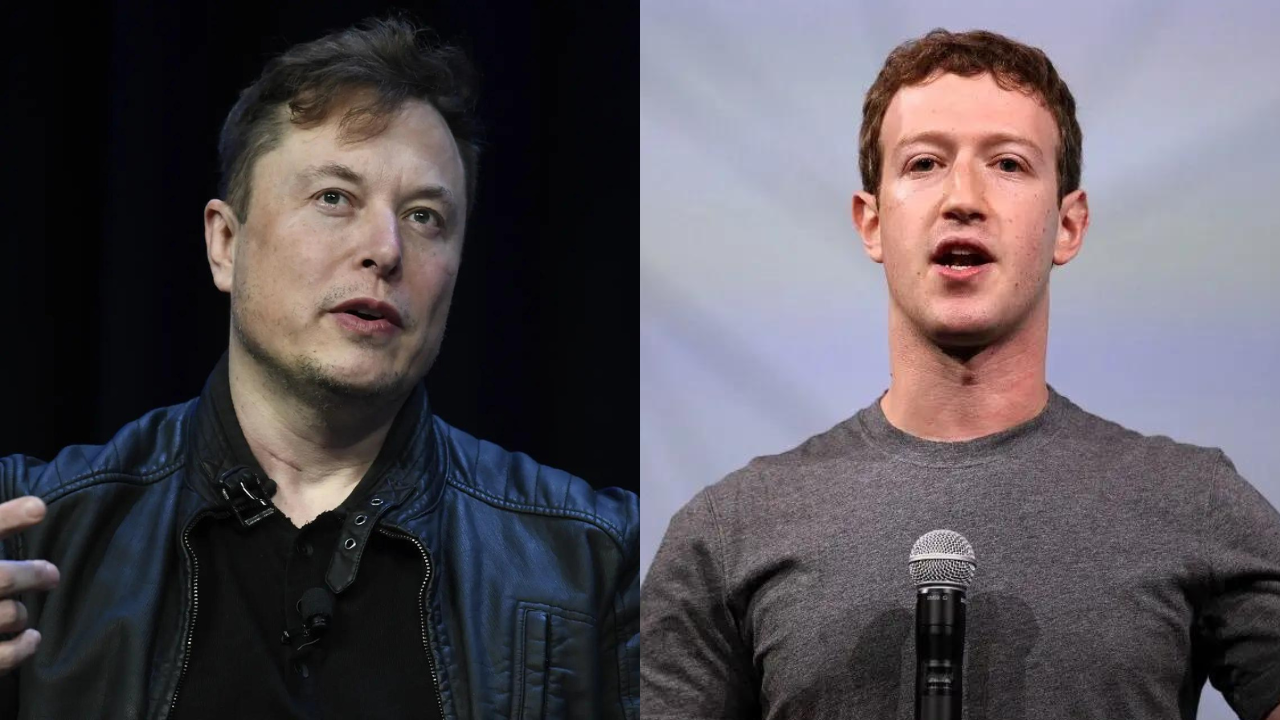“This platform really is meant to support all viewpoints within the bounds of the laws of countries, even those of people with whom I vehemently disagree and personally dislike.If that doesn’t seem to be happening, please yell at me (ideally on X),” Musk wrote, reiterating his commitment to free speech despite disagreements.
The discussion was sparked by Zuckerberg’s recent letter to House Judiciary Chairman Jim Jordan. In the letter, Zuckerberg detailed how the Biden administration had repeatedly pressured Meta to remove various types of coronavirus-related content, including satire. This pressure, according to Zuckerberg, led to significant internal frustration at Meta.
Jordan, who shared screenshots of Zuckerberg’s letter, used the information to highlight alleged attempts by the White House to control content on social media platforms. The letter adds fuel to ongoing debates about the balance between content moderation and free speech.
‘I regret …’: Zuckerberg
Mark Zuckerberg recently made statements that have stirred significant controversy, particularly in light of the approaching 2024 presidential election. In remarks to the House Judiciary Committee, Zuckerberg alleged that the Biden administration exerted pressure on Meta to censor specific Covid-19 content, including satire and humour, CNN reported. This assertion comes amid ongoing Republican complaints about Meta’s policies and claims of government overreach during the pandemic.
Zuckerberg’s claims of government pressure
In a statement released on Monday, Zuckerberg detailed his experience with Biden administration officials. “In 2021, senior officials from the Biden Administration, including the White House, repeatedly pressured our teams for months to censor certain Covid-19 content,” Zuckerberg said. He expressed regret for not being more vocal against this pressure.
Trump seizes opportunity to fuel election narrative
Former President Donald Trump quickly seized on Zuckerberg’s statements to bolster his narrative of a rigged 2020 election. On Truth Social, Trump claimed, “Zuckerberg admits that the White House pushed to SUPPRESS HUNTER BIDEN LAPTOP STORY (& much more!) IN OTHER WORDS, THE 2020 PRESIDENTIAL ELECTION WAS RIGGED.”
The House Judiciary Committee, led by Republicans, used Zuckerberg’s letter to criticize President Biden and Vice President Harris, posting it on social media with a focus on claims that the Biden administration pressured Facebook to censor content and suppress the Hunter Biden laptop story. The committee’s statement on X emphasized three points as victories for free speech: “1. Biden-Harris Admin ‘pressured’ Facebook to censor Americans. 2. Facebook censored Americans. 3. Facebook throttled the Hunter Biden laptop story.”
Funding decisions and platform adjustments
Zuckerberg’s statements are also notable in the context of his recent decisions regarding political funding. He announced he would cease supporting election-related efforts, following criticism that his $400 million donation, known as “Zuckerbucks,” was biased towards Biden. “I know that some people believe this work benefited one party over the other. My goal is to be neutral and not play a role one way or another,” Zuckerberg said.
In a further controversial move, Zuckerberg admitted that Meta’s decision to limit the sharing of the New York Post’s October 2020 story about Hunter Biden’s laptop was a mistake. He conceded that the reporting was not Russian disinformation and should not have been demoted.
Potential impact on the election
According to Bloomberg, Zuckerberg’s praise for Trump’s reaction to an assassination attempt as “badass” and his comments on reducing political content on Meta platforms suggest a possible attempt to offer Republicans political leverage while demonstrating neutrality. Zuckerberg also indicated that Meta’s involvement in the election would be reduced compared to previous cycles.
As the 2024 election approaches, these developments continue to fuel the debate over social media’s role in political discourse and the influence of tech giants on public perception and policy.






